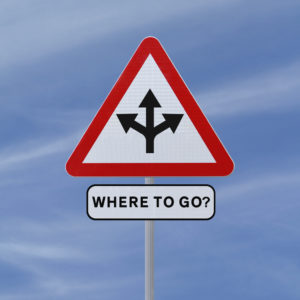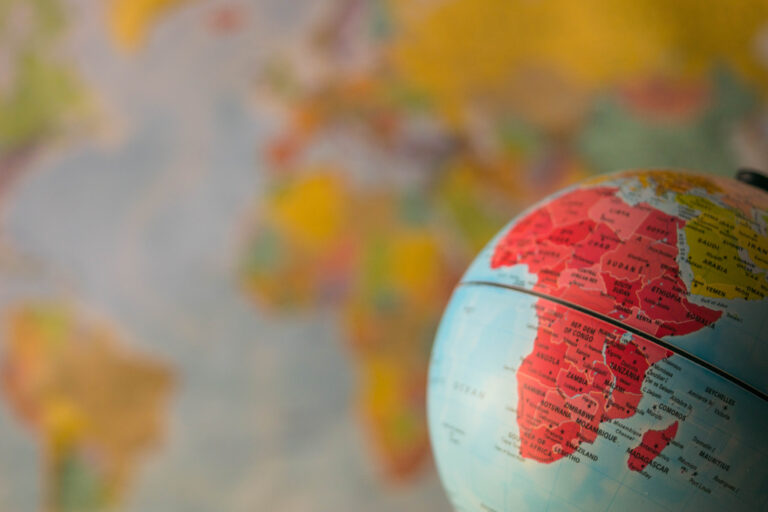Free trade may be on wane in popular opinion from the US to China, but across the world’s second largest continent – by geographic size and population – it is a different story.
In 2019 Foreign Affairs opined ‘’[e]conomists may have to accept that convincing most people of the value of free trade is a losing fight’’. By the end of that year, all African countries joined the world’s largest free trade area by number of countries participating. Connecting 1.3 billion people across 55 countries comprising a combined gross domestic product valued at US$3.4 trillion.
Much analysis on the recent US-Africa Leaders’ Summit focused on countering the influence of China and Russia. However, on free trade and its supporting institutions, there is space for advancing ordered liberty into which many non-governmental actors are already active.
Free trade within African markets is not only around adopting sound economics. On a continent where borders were artificially imposed, free trade is normative: a restoration of what once was, not a new modernising project to ‘catch up’. This is an important impulse and one in which many young African are deeply engaged through think tanks in the Atlas Network.
During the annual conference of the Canada-Africa Chamber of Business held in Johannesburg this year, to which I privileged to chair several sessions, discussions centered on how to ensure free trade works – not whether it does. Sebastian Spio-Garbrah, a risk analyst says free trade and markets are a culturally and socially ingrained. ‘’The ideas are there, but governance issues are the barrier.’’
Spio-Garbrah explains: ‘’Markets are defended for superior material outcomes, with the concept of homo-economus defined in a way that conflates with self-interested individualism. Across Africa, the aspiration for free markets comes naturally – it is the reasoning and justification that differs’’.
‘’The Acton Institute gives a sense of the deep ethical and moral considerations on questions around free markets, which align to an approach that works in Africa.’’
Important as well is two-way dialogue. Economic success stories already exist as in the case of Botswana, while the social fabric of society and markets as a social institution receive significant attention in discussions of development.
Tasked to lead free trade in Africa at the African Union, Wamkele Mene gave only one caveat around his call to ‘’defend free trade and free markets’’: that it be done to ensure an equal chance for all.
Today young leaders have formed networks like the Initiative for African Trade and Prosperity (IATP) focused on implementation. The issue is not free trade a concept, but the institutional pre-requisites and reforms needed in each member state to make it work.
Among CEOs there is ‘huge support’ of over 90% for AfCFTA in this year’s Africa CEO Trade Survey.

Where to from here?
Trust matters. On the global stage Canada played the role of honest arbiter and trust third party, convening the creation of the African Continental Free Trae Agreement, through supporting researchers and legal work to create the text of the current deal.
In the non-governmental sphere, the words of the Fraser Institute’s Fred McMahon reverberate across Africa: “With proven reforms we’ve researched, there is no reason African countries could not become some of the most economically free and prosperous nations on earth’’.
State capitalism does not provide the richness of a lasting defence of markets grounded beyond economics, consistent with a normative and empirical defence of markets about which so many young people are energized.
Between the state and the individual in free societies are a range of actors. On the international stage, this holds true to an extent: the exchange of ideas among free associations is worth assessing. Much happens away from the highly publicized high-level summits, as important as they are for studying relations between states.
Garreth Bloor is a former executive politician in South Africa and currently resides in Toronto.



